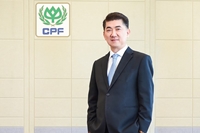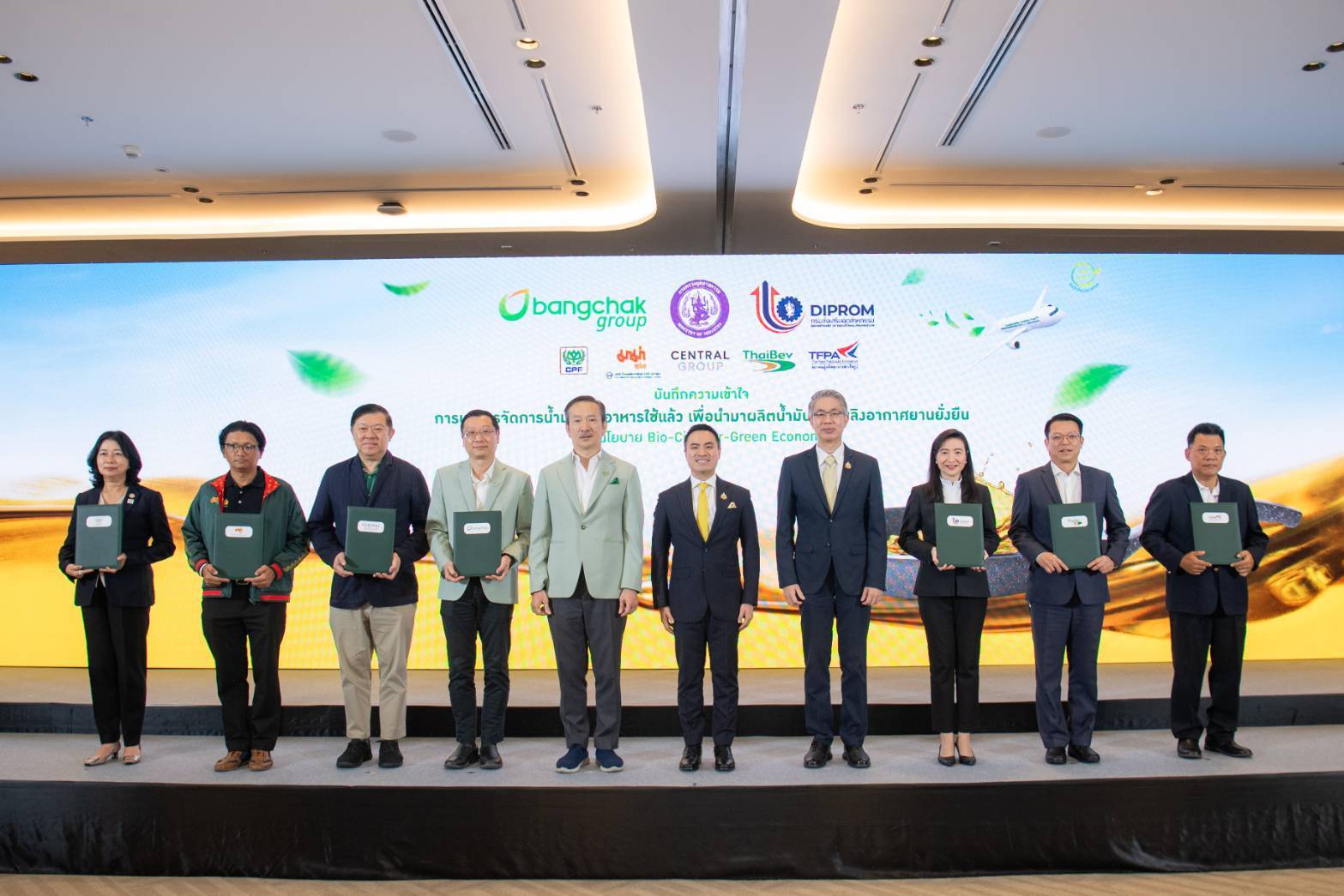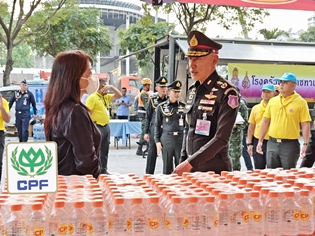

Charoen Pokphand Foods Public Company Limited (CP Foods) is partnering with government agencies to transform the Jakkarat Layer Complex into a low-carbon production facility by adopting the Bio-Circular-Green (BCG) Economy Model. This strategic initiative aims to create a prototype of a 100% renewable energy operation, contributing to a significant reduction in greenhouse gas emissions as part of the company’s commitment to achieving Net-Zero goals by 2050.
CP Foods' Jakkarat Layer Complex in Nakhon Ratchsima province, chosen as the representative from the food industry, reaffirms its commitment at the inauguration of the "Low Carbon Industry Development Project following the BCG Model" in 2024. This joint effort, initiated by the Thailand Greenhouse Gas Management Organization (TGO) and the Center for Environmentally Friendly Business Strategies at Kasetsart University (VGreen KU), an environmental and sustainability consultancy, seeks to motivate Thailand's industrial sector to embrace the BCG model. This initiative marks a substantial stride towards establishing a low-carbon industry dedicated to addressing global warming challenges.
Mr. Rongphet Bunchuaidee, Deputy Director of TGO stated that this project is a model for sustainable low-carbon production development, linking Thailand's development strategy with the BCG economic model and the country's long-term greenhouse gas emission reduction strategy (LT-LEDS). These are essential actions for achieving Thailand's Carbon Neutrality by 2050 and Net-Zero GHG Emission by 2065. The six participating companies from different industry will receive support in developing low-carbon production plans, embracing BCG economic model concepts to resource management for maximum benefit, reducing losses in the production process, and recycling resources for both current and new products. This will contribute to enhancing Thailand's business competitiveness and macro-economic structure’s value, as well as improving the quality of life for the society from better environment.
Associate Professor Dr. Ratnawadee Mungkung, Director of VGreen at Kasetsart University and project consultant, underscored the project's objective to raise awareness within the Thai industrial sector and aid in reducing greenhouse gas emissions. Out of the 30 companies considered, six were selected based on their clear and committed goals for both short-term and long-term greenhouse gas reduction. The project will leverage the expertise of specialists to enhance business operations in alignment with the Bio-Circular-Green (BCG) model.
Ass.Professor Dr. Ratnawadee said that CP Foods' Jakkarat Layer Complex stands out for its significant dedication to embracing the BCG model, particularly in its supply chain. The company is focused on responsible resource optimization and converting waste into value. This commitment sets a role model for the Thai food industry, making a noteworthy contribution to environmental sustainability and social responsibility.
Mr.Somkid Wannalukkhee, the Head of CP Foods' Layer Business, emphasized the company's commitment to implementing the BCG economic model in their production processes. Currently, their layer complexes utilize 80-90% renewable energy, and participation in this project is expected to further improve resource management efficiency and minimize production-related losses. By converting waste into energy, the company aims to mitigate the impact of climate change, promote food security, and set an example for a responsible and environmentally friendly food industry.
“Participating in this project will equip the company with the expertise needed to sustain its efforts in greenhouse gas reduction. Furthermore, we aim to share our acquired knowledge with other interested industries, ensuring the competitiveness of Thailand's food industry and enhancing food security,” stated Mr.Somkid.
The Jakkarat chicken egg complex in Nakhon Ratchasima serves as a prototype for livestock farming with the goal of becoming a 100% renewable energy operation, providing green food products to consumers by exploring the installation of solar power systems to transition towards becoming an RE100 layer farm by 2024. These initiatives have contributed to an annual reduction of over 532,000 tons of carbon dioxide equivalent in greenhouse gas emissions. This strategic move positions CP Foods on become a Net-Zero organization by 2050.
CP Foods' layer complexes nationwide implement quality control systems to ensure fresh, contaminant-free eggs, leveraging digital technology and automation to save energy. Additionally, waste from the biogas system is converted into energy for operational use, and biogas residues are utilized as soil fertilizers.
Bio-Circular-Green Economy (BCG) model, introduced by the Thai Government as a strategy for national development and post-pandemic recovery, places emphasis on applying science, technology and innovation to turn Thailand’s comparative advantage in biological and cultural diversity into a competitive advantage, focusing on four sectors, agriculture and food, wellness and medicine, energy, materials and biochemicals, and tourism and creative economics.









_1742963914.jpg)